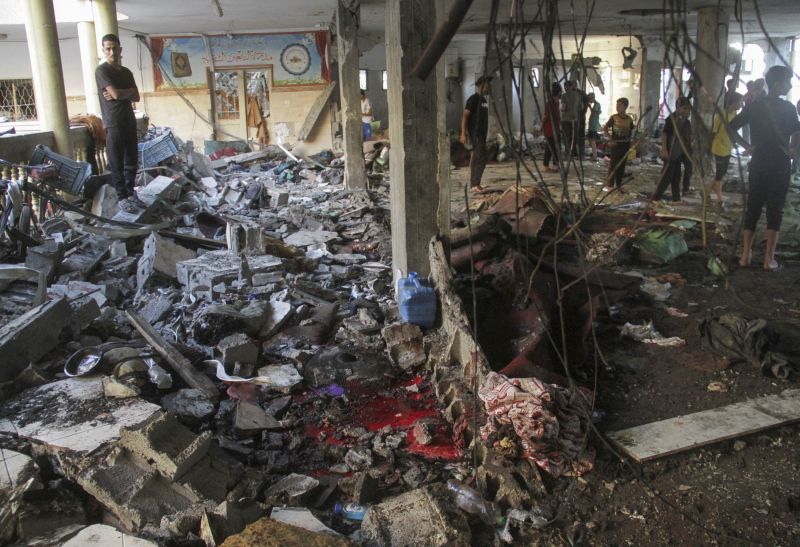
As the Middle East grapples with rising tensions, Israel and the United States are on high alert for a possible Iranian attack following recent escalations. The potential for conflict has intensified diplomatic efforts to secure a ceasefire in Gaza, where negotiations are set to resume later this week in Cairo or Doha. This renewed push for peace comes amid threats from Iran in response to the recent assassination of Hamas leader Ismail Haniyeh.
Diplomatic channels have been working feverishly to prevent a complete derailment of ceasefire talks. The US, Egypt, and Qatar are preparing to present a final proposal to both Israel and Hamas in hopes of reaching an agreement. However, the situation is precarious, with Iran vowing retaliation for the killing of Haniyeh—a move Tehran attributes to Israel. The assassination has sparked fears of an imminent Iranian counterattack, which could undermine the delicate ceasefire negotiations.
The urgency of the situation has been underscored by statements from world leaders. France, Germany, and the UK have all called for an immediate ceasefire and the restoration of humanitarian aid to Gaza, emphasizing the dire need to avoid further escalation. In response, the White House has ramped up its defensive posture, deploying additional military assets to the region, including the guided-missile submarine USS Georgia.
Iran’s response to Haniyeh's death has been unequivocal. Supreme Leader Ayatollah Ali Khamenei has promised "harsh punishment" for Israel, and the Islamic Revolutionary Guard Corps has vowed "blood vengeance." President Masoud Pezeshkian has also asserted Iran's right to self-defense, adding to the mounting pressure on regional stability.
In anticipation of a possible Iranian attack, the Israeli military has taken precautionary measures, including suspending leave for its personnel and preparing for a possible escalation in hostilities. Additionally, Hezbollah, the Iran-backed militant group in Lebanon, has intensified rocket attacks on northern Israel, further complicating the security landscape.
On the ground in Gaza, the humanitarian crisis continues to worsen. Recent Israeli strikes, including an attack on a school sheltering displaced civilians, have resulted in significant casualties and widespread condemnation. The scale of the violence has drawn international calls for an immediate ceasefire and greater humanitarian relief.
As diplomatic efforts continue, there is a cautious optimism that a ceasefire could be achieved. Hamas has expressed a willingness to negotiate, although it remains unclear if they will attend the upcoming talks. The complex interplay of regional politics, military readiness, and diplomatic negotiations will be crucial in determining whether a broader conflict can be averted and if a lasting peace can be achieved in Gaza.




0 Comments